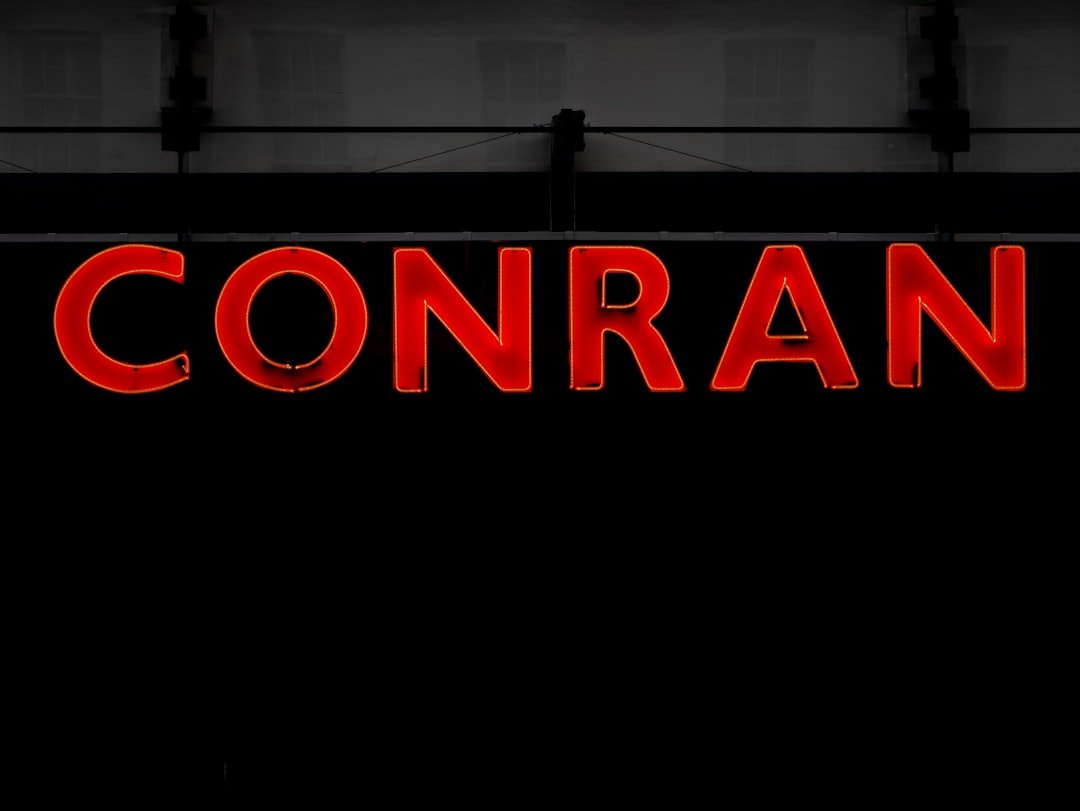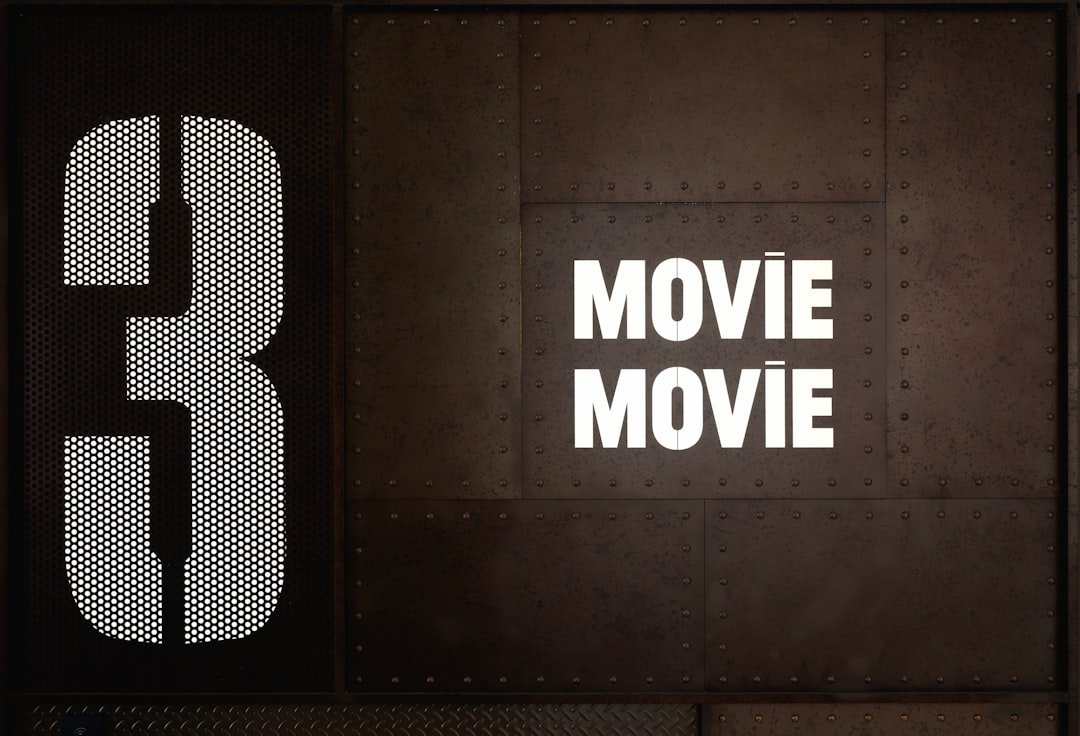Freelancing vs Remote Jobs: Which Career Path Should You Choose?
The lines between freelancing and remote jobs are often blurred, especially in today’s increasingly flexible work environment. Both offer the allure of working from anywhere, but the reality is quite different. Understanding the nuances of each is key to choosing the path that best suits your professional goals and personal lifestyle. This comprehensive guide will dissect the differences, helping you make an informed decision.
What is Freelancing?
Freelancing is a form of self-employment where you offer your services to multiple clients on a project-by-project basis. You’re essentially your own boss, setting your own rates, hours, and choosing the projects that align with your skills and interests. This independence comes with significant flexibility, but also requires strong self-discipline, business acumen, and the ability to manage your own workload effectively.
What is a Remote Job?
A remote job is employment with a single company, where you work from a location other than the company’s office. You’ll typically have a regular schedule, a set salary, and the benefits package associated with traditional employment, such as health insurance, paid time off, and retirement contributions. While the location is flexible, the structure is much more defined than in freelancing.
Key Differences: Freelancing vs Remote Jobs
| Feature | Freelancing | Remote Job |
|---|---|---|
| Employer | Multiple clients | Single company |
| Contract | Project-based | Full-time or part-time |
| Payment | Per project, hourly rate, or retainer | Salary or hourly wage |
| Benefits | Generally none; you’re responsible for your own healthcare, retirement, etc. | Typically includes health insurance, paid time off, retirement plans, etc. |
| Stability | Income can fluctuate; requires consistent client acquisition | More stable income and predictable work schedule |
| Taxes | More complex tax filing requirements as a self-employed individual | Simpler tax filing; taxes are typically withheld from your paycheck |
| Work Schedule | Highly flexible; you set your hours | Usually follows a set schedule |
| Responsibilities | You handle all aspects of the business, including marketing, invoicing, and client management | Focus is primarily on your assigned job duties |
Which Path is Right for You?
The best choice depends on your individual circumstances and priorities:
Choose Freelancing if:
- You value flexibility and independence.
- You’re comfortable with variable income and self-managing your workload.
- You possess strong self-discipline and entrepreneurial skills.
- You enjoy working on diverse projects and with multiple clients.
- You have a specific skillset in high demand.
Choose a Remote Job if:
- You prefer a stable income and benefits.
- You thrive in a structured work environment.
- You value the security and support of a company.
- You prefer a predictable work schedule.
- You want to focus solely on your core job responsibilities.
Conclusion
Ultimately, the decision between freelancing and a remote job is a personal one. Carefully consider your skills, risk tolerance, financial needs, and desired lifestyle before making a choice. Weigh the advantages and disadvantages of each carefully, and choose the path that aligns best with your long-term career aspirations and overall well-being. Remember that this isn’t necessarily an either/or decision; some individuals successfully combine aspects of both freelancing and remote work to create a uniquely fulfilling career.








